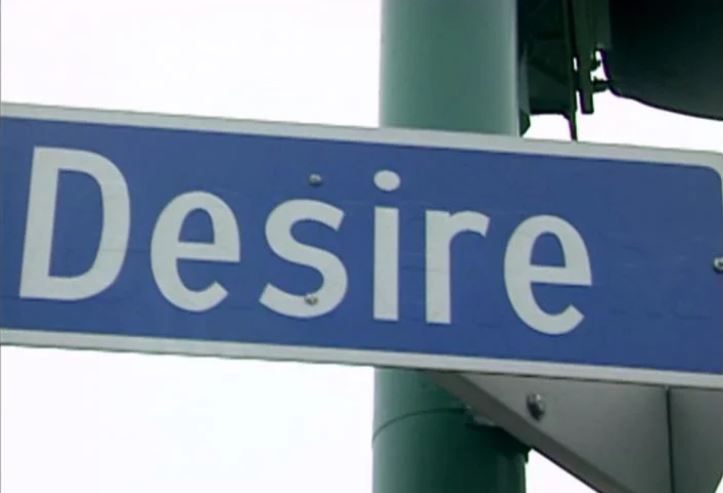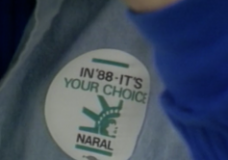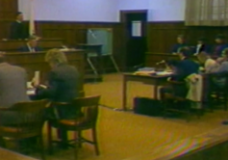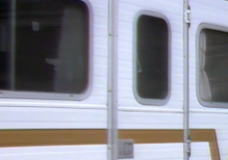CLIR, Global Village, Guerrilla Television, Julie Gustafson
Independent videomaker, Julie Gustafson, invites a diverse group of teenage girls from New Orleans to make autobiographical videos exploring their developing sexuality and identity. An unprecedented long-term collaboration, DESIRE weaves together the girls’ video work, the stories of their changing lives, as well as the family, social and economic contexts in which their desires and choices are shaped.
The film begins in a primarily African-American housing project named ‘Desire’ and follows the lives of teenagers across diverse racial, political, class, and cultural backgrounds. Cassandra, Kimeca, Tracy, Peggy, and Tiffinie collaborate to tell their own stories of struggle and wrestling with questions of sexual identity, body image, family, future plans, and the pressures of finding one’s way in the world. As the film unfolds over the next five years, DESIRE honors each of the young women’s challenges and achievements, making clear that their ‘choices’ are linked not just to hopes and dreams, but to actual educational and economic opportunity– too often tinged with the racial disadvantage. In one remarkable scene, Kimeca, turns the camera on Gustafson, prompting her to share her own story of teenage pregnancy and the difficult decisions she made about abortion.
As John Anderson from Variety said: “Top-flight editing and a pace that never falters help “Desire” movingly tell the stories of its five subjects.” Justin Lane Briggs of The New School concurs: “The films the girls make themselves are shockingly honest and revealing…The result is a poignant and moving work, which stirs up a massive cloud of thoughts and issues without ever settling on one side of them… Cassandra and Tiffanie will haunt your dreams.

![[Politics of Intimacy: Dr. Mary Jane Sherfey 2]](https://mediaburn.org/wp-content/uploads/2021/09/1240473069-323686cc9ad3e9c0b7e2c89761327d4d2fd242487d62c8b31b2ad0359619ccd8-d_295x166-228x160.png)
![[Politics of Intimacy: Dr. Mary Jane Sherfey 1]](https://mediaburn.org/wp-content/uploads/2021/09/1240470117-23ae816d0140a9b7728c72a4f2a0bc2d2df6fa2b6324c1502c21abf87d2b3985-d_295x166-228x160.png)
![[Politics of Intimacy: Mona and Theresa 1]](https://mediaburn.org/wp-content/uploads/2021/09/1240470030-2d0fee262fbd57b4d127804d61b3c212e97e424d49a9c29cffc5bdf74396886d-d_295x166-228x160.png)
![[Politics of Intimacy: Margit 1]](https://mediaburn.org/wp-content/uploads/2021/09/1240469165-a53c22fd130a0e9b00934fbaae5c61487170cfa66d2a9430dd4464c371ed672a-d_295x166-228x160.png)



